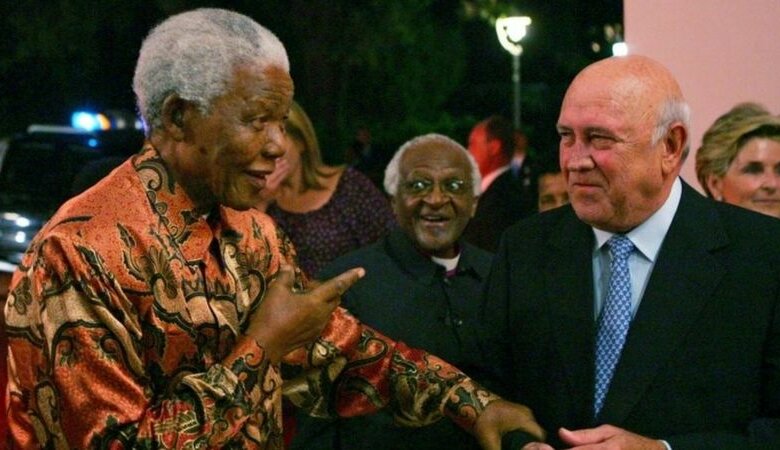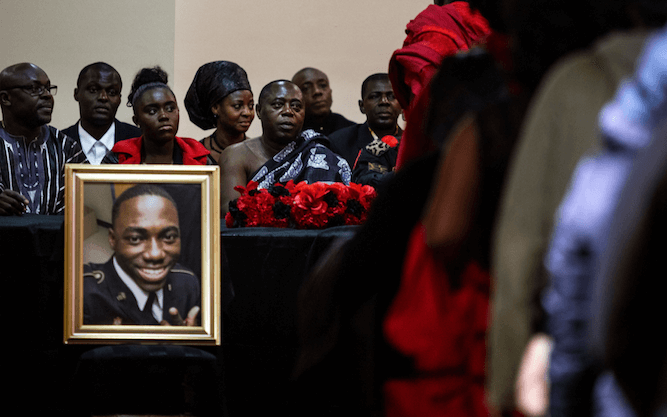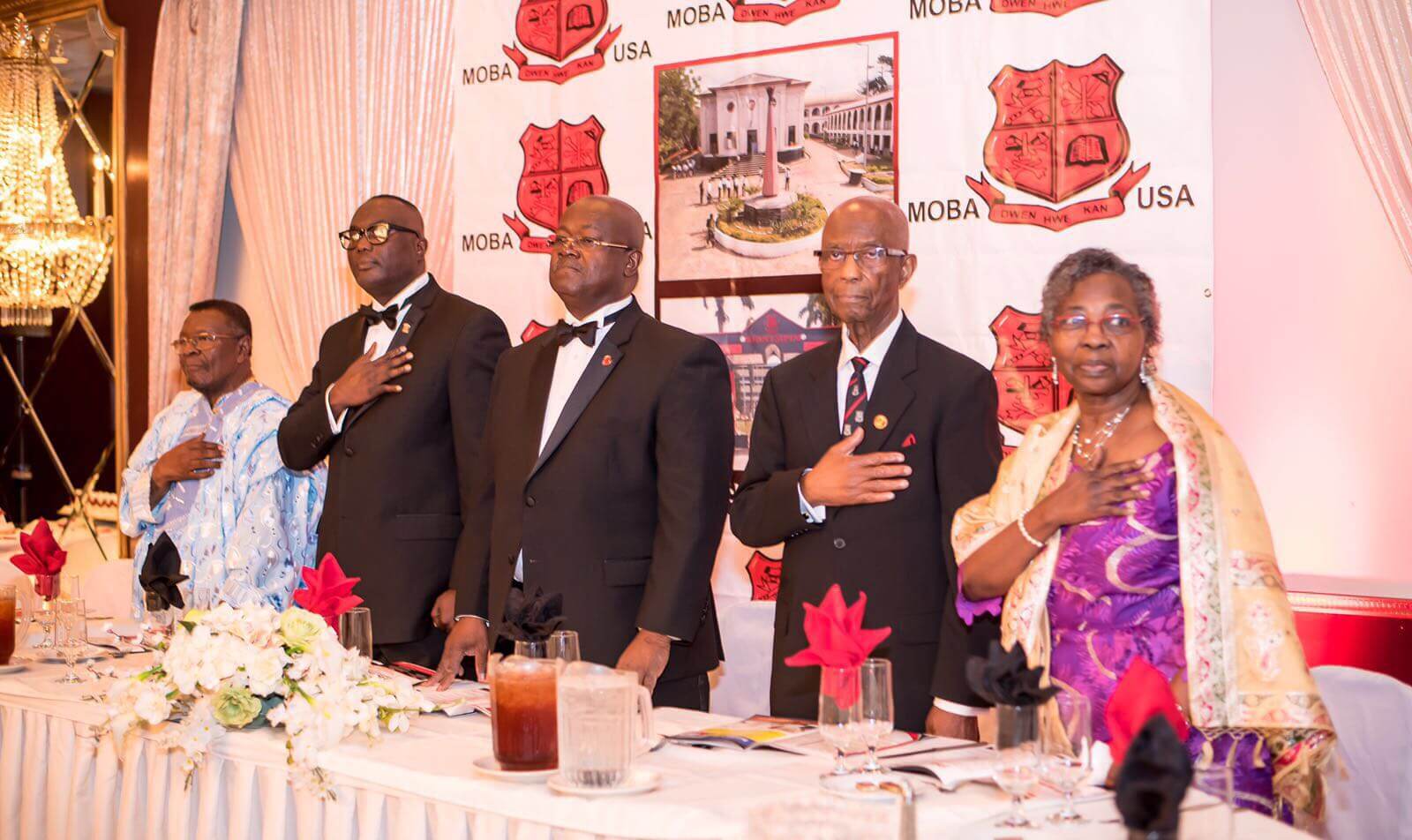South Africa’s Last Apartheid President Dies at 85

Former South African President FW de Klerk has died, he was the country’s last white leader.
Following his death, the FW de Klerk Foundation released a video tape of him speaking about apartheid, termed his “last message.”
“Let me today, in the last message repeat: I, without qualification, apologise for the pain and the hurt, and the indignity, and the damage, to black, brown and Indians in South Africa,” he said.
The 85-year-old was diagnosed with cancer earlier this year. And according to the organization, he died quietly at home after a long battle with mesothelioma, a cancer that attacks the lungs’ lining.
He rose to prominence in 1989 under apartheid, a legalized form of racism, but later became a prominent role in the democratic transition.
He authorized Nelson Mandela’s release from prison after 27 years, paving the way for the anti-apartheid leader to become South Africa’s first black president in historic polls.
For his role in negotiating an end to apartheid, De Klerk shared the Nobel Peace Prize with Nelson Mandela. His acts contributed to the end of apartheid in South Africa, and after Mandela’s election as president in 1994, he became one of the country’s two vice presidents.
Read Also In memory of Nelson Mandela, Dr. Martin Luther King Jr. and Komla Dumor
Three years later into 1997, De Klerk left parliament, expressing after the act that he was certain that it would be in the greatest interest of the party and the country.
His legacy, however, remains divisive in South Africa. During his period in office, De Klerk was widely criticized for acts of violence against black South Africans and anti-apartheid demonstrators.
He was accused of downplaying the gravity of apartheid last year after saying he was “not fully agreeing” with a presenter who asked him to confirm that apartheid was a crime against humanity.
Later, De Klerk apologized for waffling on the issue.
On Thursday, human rights lawyer Howard Varney labeled him a “apologist for apartheid,” while the Fort Calata Foundation, which works to bring justice to those killed by the former white-minority state, called him a “apartheid criminal.”
Read Also #RunTunjiRun — Adetunji Omotola seeks PDP South Africa Chapter slot
Andrew Harding, BBC Africa correspondent, wrote an analysis box. The reactions that followed in South Africa were reminiscences of the divisions that have dogged FW de Klerk for decades.
Some regard him as a nice man, a rare politician who took the extraordinary step of negotiating a path out of power – for himself and his party. And helping to guide the country away from the racial civil war that many predicted would consume South Africa in the late 1980s and early 1990s.
However, others such as Nelson Mandela, were more cautious, viewing de Klerk as a political opportunist, a conservative Afrikaner.
One who realized that, with the Cold War gone and international sanctions looming, he had no choice but to dialogue with the black majority.
Source: BBC
Abeeb Lekan Sodiq is a Managing Editor & Writer at theafricandream.net. He is as well a Graphics Designer and also known as Arakunrin Lekan.




